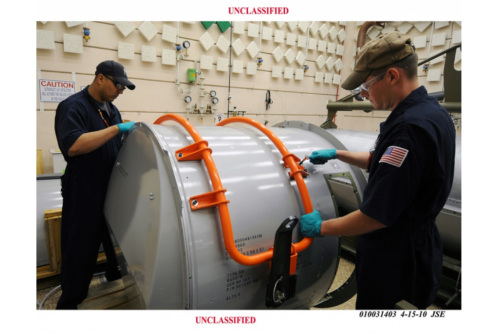
Vietnam

Country Spotlight
Vietnam is not known to have ever developed biological, chemical, or nuclear weapons. Since the Vietnam War, it has been vocal in supporting the complete elimination of chemical weapons and signed the Chemical Weapons Convention in 1993. Vietnam possesses a limited missile arsenal but does not indigenously produce them.
See Vietnam's performance in
Region East Asia and the Pacific
2013 High enriched uranium reserves transferred to Russia
18 million Gallons of Agent Orange herbicide used by U.S. forces during Vietnam War
2010 Signed a 123 bilateral nuclear cooperation agreement with the U.S. which expires in 2044
Nuclear
- Is a member of Treaty of Bangkok, which established a nuclear weapon-free zone in Southeast Asia
- Has considered constructing a nuclear power plant, but indefinitely postponed plans in 2016 due to economic conditions
- Adopted a nuclear energy law in 2008 as a legal framework for nuclear activities

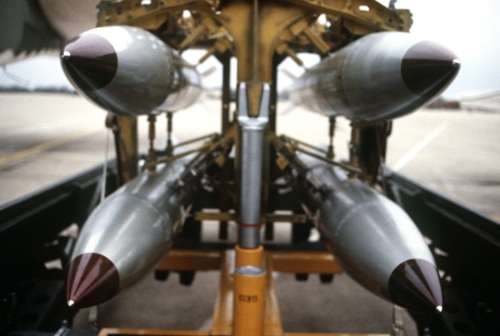
Tutorial on Nuclear 101
Biological
- Has never possessed a biological weapons capability
- Party to the Cartagena Protocol on Biosafety
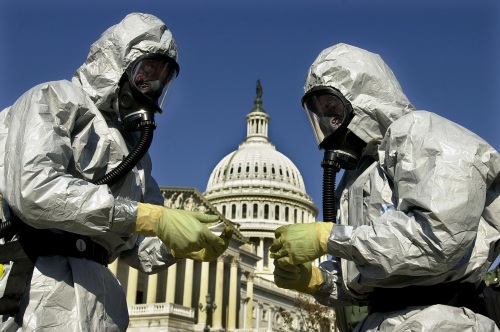
Tutorial on Biological Weapons Nonproliferation
Vietnam Overview
Missile
- Possesses Scud ballistic missiles acquired from the USSR and North Korea and has sought upgrades from international partners
- Unveiled domestically-produced VCM-01 anti-ship cruise missile based on Russian design in 2020
- Possesses surface-to-air missile systems
Overview of The CNS Missile and SLV Launch Databases
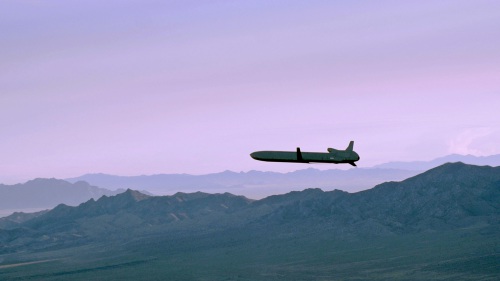
Tutorial on Missiles and Other WMD Delivery Systems
Chemical
- Has never possessed an offensive chemical weapons capability and supports their universal elimination
- Was subjected to herbicide attacks from the U.S. between 1962 and 1971, though these are not considered chemical weapons by the OPCW
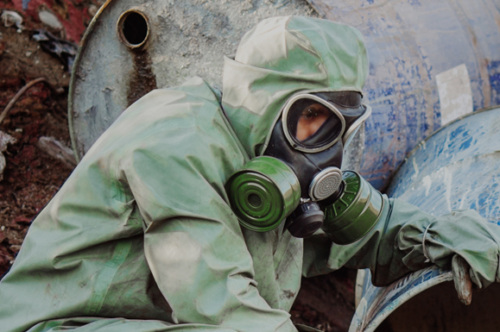
Tutorial on Chemical Weapons Nonproliferation

NTI Tutorials
Treaties and Regimes Memberships
Analysis
Vietnam
Vietnam Overview
Overview of Vietnam's nuclear, chemical, biological, and missile capabilities and nonproliferation activities.
U.S. Nuclear Cooperation as Nonproliferation: Reforms, or the Devil You Know?
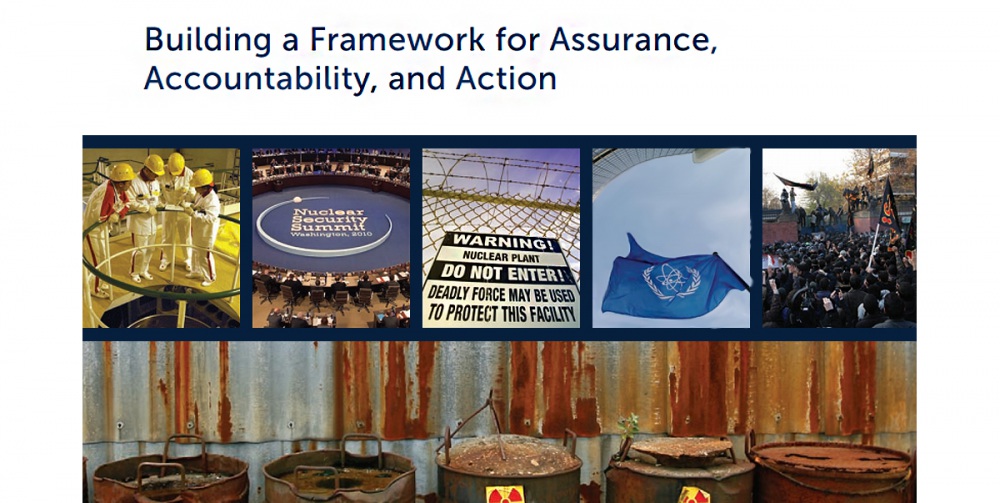
NTI Nuclear Materials Security Index: Building a Framework for Assurance, Accountability and Action

Education Center
